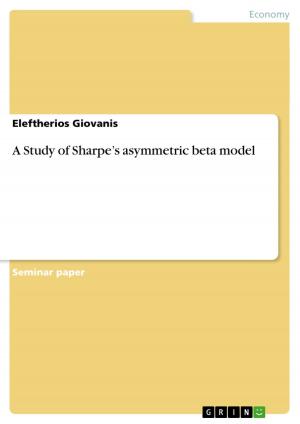Metafiction in American Short Stories - Readers' Perception of Language and Symbols in Shattered Realities.
A Research Paper on Donald Barthelme's 'The Glass Mountain'
Fiction & Literature, Literary Theory & Criticism, British| Author: | Tobias Reiche | ISBN: | 9783640415076 |
| Publisher: | GRIN Publishing | Publication: | August 26, 2009 |
| Imprint: | GRIN Publishing | Language: | English |
| Author: | Tobias Reiche |
| ISBN: | 9783640415076 |
| Publisher: | GRIN Publishing |
| Publication: | August 26, 2009 |
| Imprint: | GRIN Publishing |
| Language: | English |
Seminar paper from the year 2006 in the subject English Language and Literature Studies - Literature, grade: 2,3, University of Koblenz-Landau (Fachbereich 2, Institut für Anglistik), course: American Short Fiction, language: English, abstract: Reading Donald Barthelme's short story 'The Glass Mountain' is a most puzzling and mind-boggling experience for anybody who has not done research on the author and the background of his fiction. A variety of astonishing ideas and concepts in terms of structure and content are present in the short story and raise questions on meaning, form or intention of the story. The predominant conventions of narrative order, closure and mimetic fidelity are questioned and challenged by an entirely new approach to storytelling in America. The following research paper will first try to raise awareness of the time and present some basic ideas of postmodernist literature. It will then pay closer attention to Barthelme's 'The Glass Mountain' and try to give answers to questions which presumably every reader will ask. The 4th chapter of this paper is dedicated to the role of symbols and the differences between the world as the reader sees it and the way the narrator perceives it.
Seminar paper from the year 2006 in the subject English Language and Literature Studies - Literature, grade: 2,3, University of Koblenz-Landau (Fachbereich 2, Institut für Anglistik), course: American Short Fiction, language: English, abstract: Reading Donald Barthelme's short story 'The Glass Mountain' is a most puzzling and mind-boggling experience for anybody who has not done research on the author and the background of his fiction. A variety of astonishing ideas and concepts in terms of structure and content are present in the short story and raise questions on meaning, form or intention of the story. The predominant conventions of narrative order, closure and mimetic fidelity are questioned and challenged by an entirely new approach to storytelling in America. The following research paper will first try to raise awareness of the time and present some basic ideas of postmodernist literature. It will then pay closer attention to Barthelme's 'The Glass Mountain' and try to give answers to questions which presumably every reader will ask. The 4th chapter of this paper is dedicated to the role of symbols and the differences between the world as the reader sees it and the way the narrator perceives it.

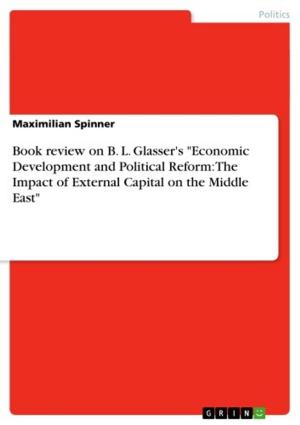
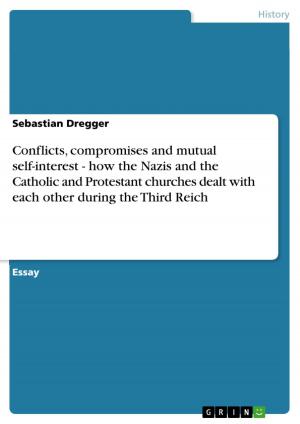

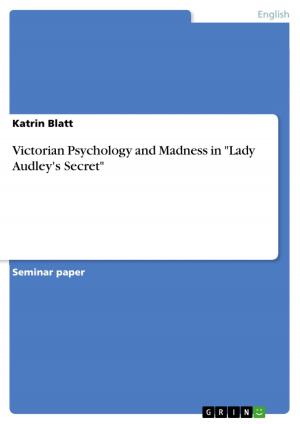
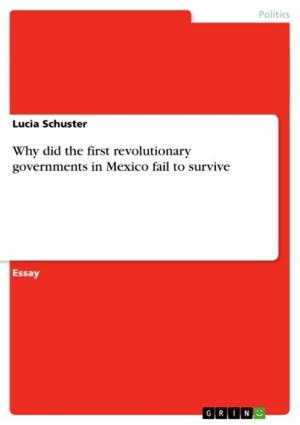

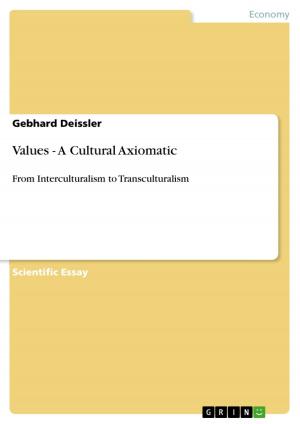
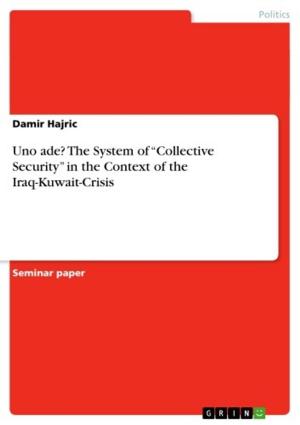
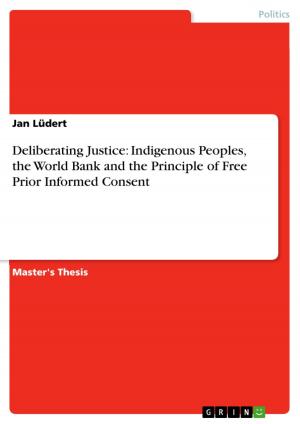
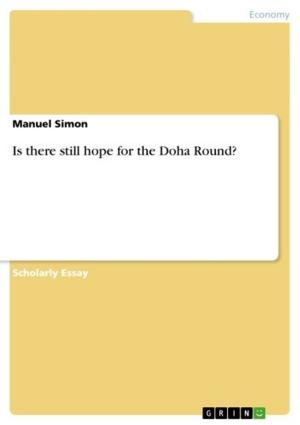
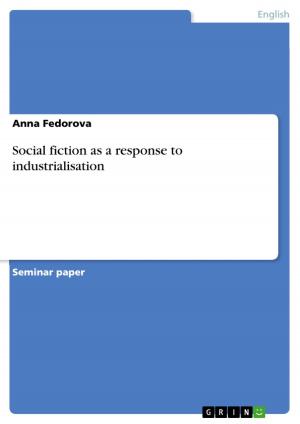
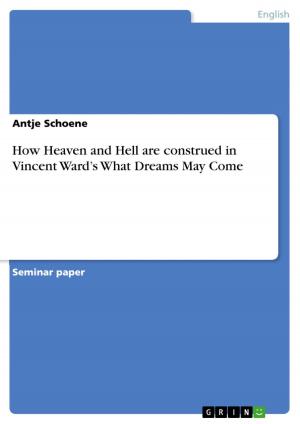
![Cover of the book The basics of teamwork [Hausarbeit plus Präsentation] by Tobias Reiche](https://www.kuoky.com/images/2003/april/300x300/9783638181020-HqTK_300x.jpg)
